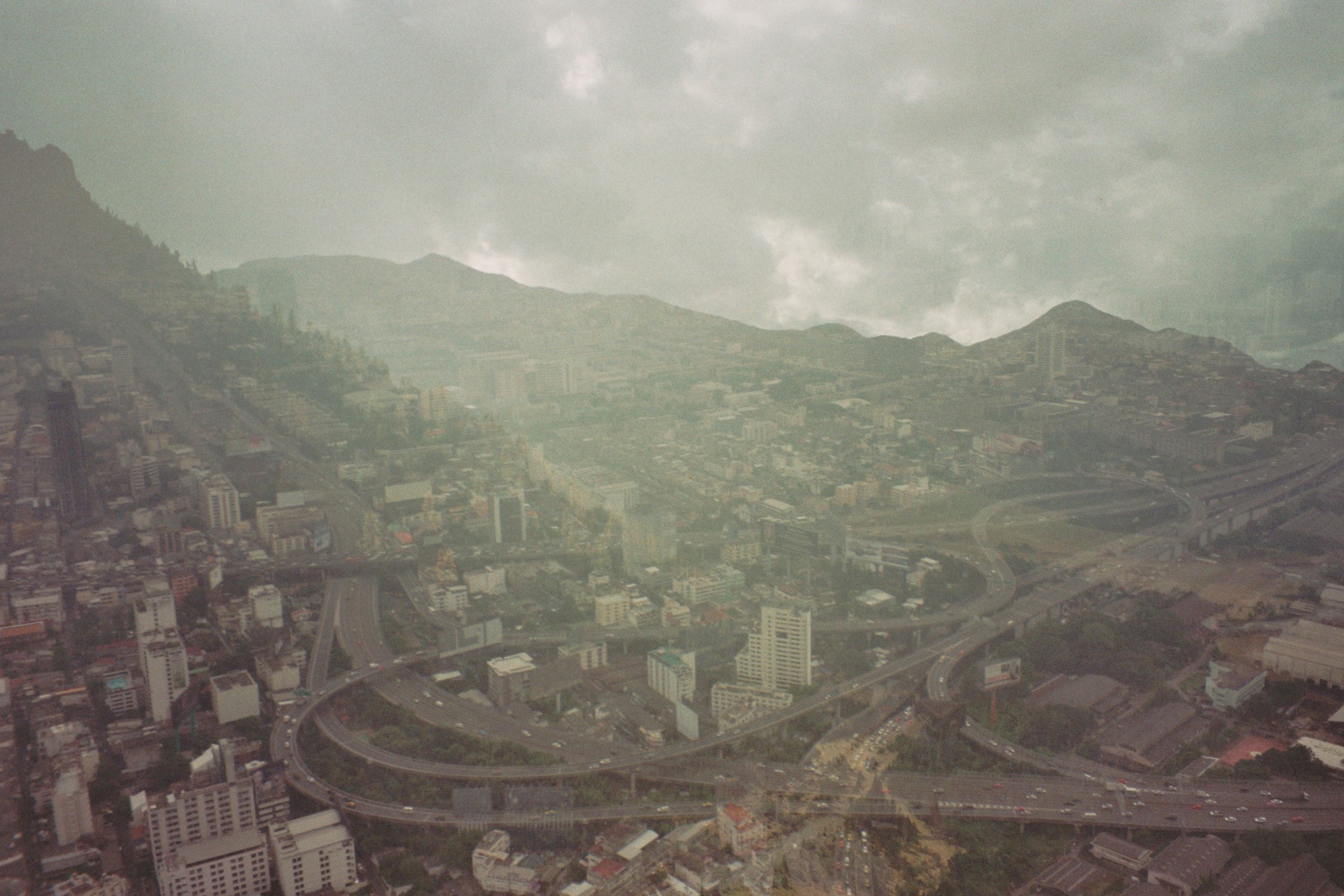ABSTRACT
Capitalism, understood as a world-ecology that joins accumulation, power, and nature in dialectical unity, has been adept at evading so-called Malthusian dynamics through an astonishing historical capacity to produce, locate, and occupy cheap natures external to the system. In recent decades, the last frontiers have closed, and this astonishing historical capacity has withered. This “withering” is perhaps most evident in capitalism’s failure to offer a new, actually productive, agricultural model—as agrobiotechnology failed to deliver on its promissory notes. Moving from bad to worse, a second set of contradictions is now mediated through climate change. Climate change, one among many ongoing biospheric shifts, is interwoven with the totality of neoliberal agriculture’s contradictions to produce a new contradiction: negative value. This signals the emergence of forms of nature that are increasingly hostile to capital accumulation and that can be temporarily fixed (if at all) only through increasingly costly, toxic, and dangerous strategies. The rise of negative value—whose accumulation has been latent for much of capitalist history—therefore suggests a significant and rapid erosion of opportunities for the appropriation of new streams of unpaid work/energy. As such, these new limits are qualitatively different from the nutrient and resource depletion of earlier, developmental crises of the longue duree Cheap Food model. These contradictions, within capital, arising from negative value, are today encouraging an unprecedented shift toward a radical ontological politics, within capitalism as a whole, that destabilizes crucial points of agreement in the modernworld system: What is food? What is nature? What is valuable?
read here

